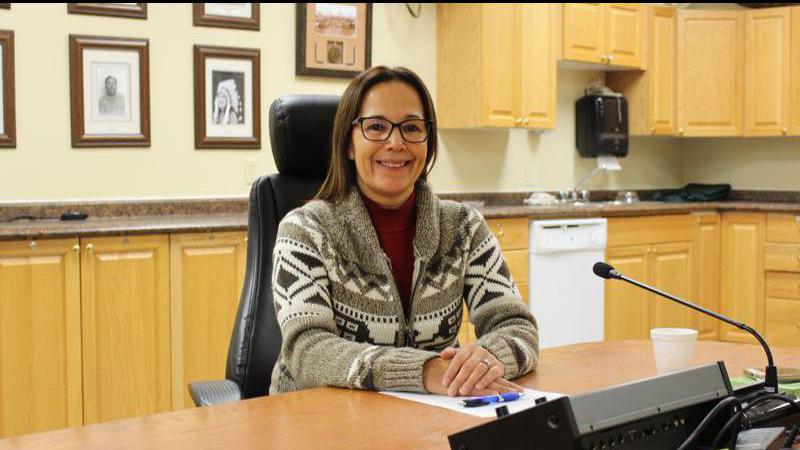
NDP calls for ‘serious action’ to be taken by province in response to overdose crisis
On a busy 20th Street in Saskatoon on Tuesday, NDP Leader Ryan Meili outlined a list of calls towards the provincial government, all centred around the overdose crisis in the province.
Meili was joined by Health Critic Vicki Mowat and called upon the government for “serious action” to be taken on the issue.
Meili’s asks included: Making naloxone kits free and available at pharmacies across Saskatchewan; approving and funding safe consumption sites in Saskatoon, Regina, Yorkton, Prince Albert and any other centres that need the sites; and, making remote video overdose prevention support for those without access.
Meili also added guaranteed timelines for access to mental health and addictions treatment, the use of drug courts, studies for safe prescription alternatives used in other jurisdictions and how they would apply here, and working with law enforcement to crack down on toxic drug supply at the street level.


